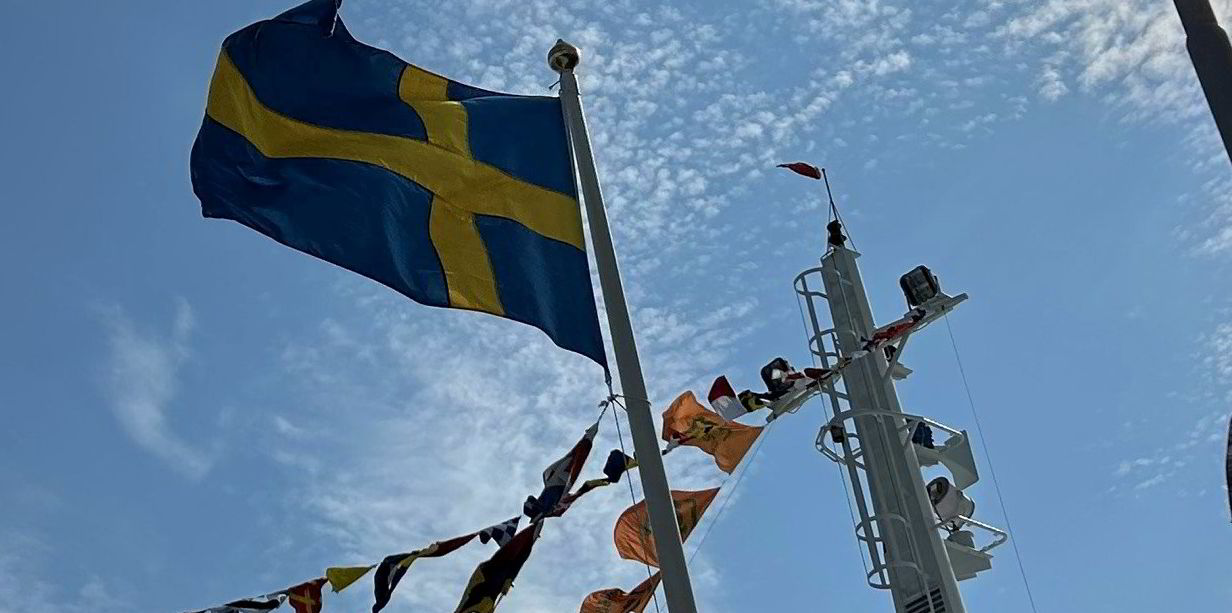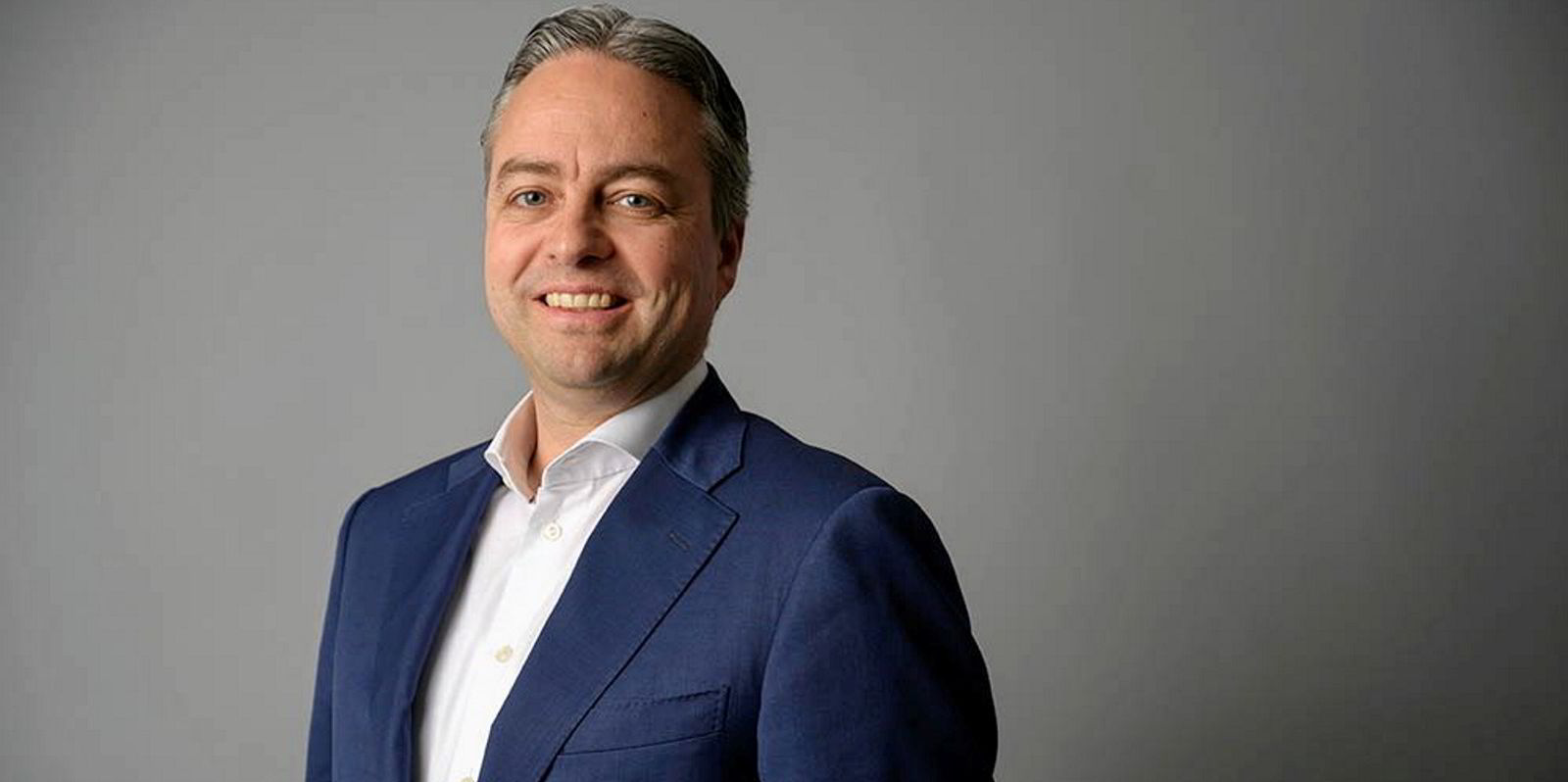Swedish shipowners are hoping a government inquiry into its tonnage tax could end up boosting the country’s flagging industry.
Only about 100 deepsea vessels fly the Swedish flag. A study outlining ways to improve the tax system is due from the Swedish Transport Agency by the end of the year.
“It’s imperative that we get some changes to the tonnage tax regime to make it more competitive towards what we find in neighbouring countries, like Denmark or Norway or even the Netherlands,” Swedish Shipowners’ Association chief executive Anders Hermansson told TradeWinds.
“There are plenty of good countries doing well in terms of shipping in Europe. We have to make sure that Swedish shipowners have the same possibility to develop shipping within Sweden.”
The current tonnage tax regime was introduced in 2018, allowing domestic shipowners to pay taxes based on a qualifying ship’s net tonnage rather than the economic result.
In practice, it was “typical Sweden”, according to Furetank chief executive Lars Hogland.
Donso-based Furetank has a fleet of 20 small tankers, with 10 more on order, plus a specialised vessel on charter to the government. It entered the tonnage tax system in 2019.
Hogland said the system caps the amount of time a ship can trade internationally, and taxes are levied company by company, not for a group, forcing local owners in the system to forgo the single-vessel holding company structure employed throughout most of the world.

Another issue for Hogland and Furetank is the requirement not to shrink its fleet over a five-year period.
Hogland said delivery of one of Furetank’s newbuildings was pushed back from November until January, exposing the company to a larger tax bill.
“We have a two-month delay. That hit us, because the day of the 31 of December, we are at fewer vessels than we had” previously, he said.
Hogland and Hermansson said a contributing factor to the inquiry, which started in the late spring, was security concerns following Russia’s invasion of Ukraine.
The war has already contributed to shifting global trade patterns and prompted Sweden to join Nato.
Hermansson noted that Sweden is one of the countries most dependent on global trade.
“That is an area where we have, from the political level, a very strong statement on what they want to see,” he said, regarding a larger domestic fleet. “Of course, from the association side, we would be happy to see more ships flying the Swedish flag.”
‘We need change’
Hermansson is optimistic that the inquiry will be positive for Swedish shipping, as the individual leading it has ties to the association.
Without it, Hogland worries that the national flag could decline further.
Before the 2018 tonnage tax, Furetank had its vessels flagged in the Faroe Islands. Other owners have their vessels flagged in other countries.
If changes are not made, Hogland said Furetank’s newbuildings might end up elsewhere.
“It has become clear for the government and decision-makers that we need to have a change. We can’t continue this way,” he said. “We have 10 vessels on order, we have a wish to have them in the Swedish flag.
“If we’re not seeing that [the tonnage tax] will be changed during the spring, we will decide to move into another European flag.”





